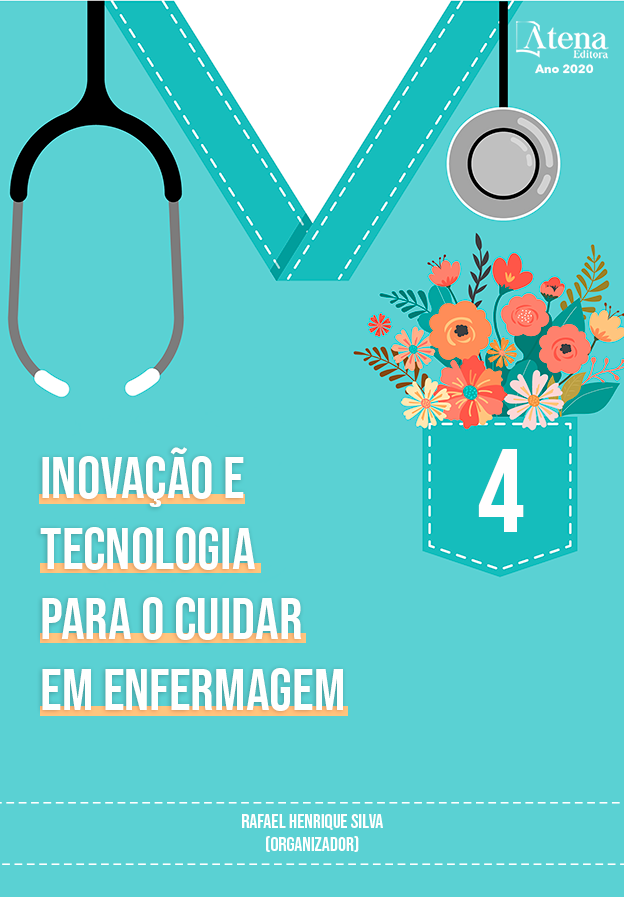
LUDICIDADE COMO PRÁTICA EDUCATIVA: USO DO JOGO NA TEMÁTICA DOAÇÃO DE ÓRGÃOS E TECIDOS PARA TRANSPLANTES
Introdução: No Brasil, a doação e o transplante de órgãos e tecidos são regulamentados por políticas públicas, contudo, essa problemática é demonstrada por uma fila na espera de um doador, causada, entre outros, pela falta de informações sobre o tema. Isso evidencia que somente a existência de regulamentação é insuficiente, implicando a necessidade de práticas educativas nesse cenário. Objetivo: Relatar a experiência do uso da ludicidade como estratégia educativa na temática doação de órgãos e tecidos para transplantes. Material e Método: Trata-se de um estudo descritivo do tipo relato de experiência que possibilita conhecer a complexidade da experiência e refletir sobre o vivido. O foco da experiência é um jogo de tabuleiro humano como estratégia lúdica e ferramenta educativa que possibilita a realização da atividade de forma prazerosa, além do exercício e da reflexão dos envolvidos, o que favorece a aprendizagem na temática. Resultados e Discussão: O jogo consiste em um tabuleiro com dois caminhos idênticos pelos quais os jogadores são peões que farão o percurso. Os participantes jogavam um dado, recebendo um número e uma afirmativa que abordava dúvidas frequentes na temática, envolvendo aspectos religiosos, culturais, sociais e biológicos. Essas afirmativas foram selecionadas de sites e materiais de políticas governamentais, além de revisão de literatura. Observou-se que muitas pessoas que participaram tinham informações equivocadas ou incompletas. Notou-se, ainda, que alguns dos participantes tinham pouco conhecimento a respeito dos órgãos e tecidos que podem ser doados. A atividade possibilitou aos PETianos a elaboração e execução de uma ação educativa permeada pelo lúdico, experiência essa pouco existente na formação. Conclusão: É importante favorecer conhecimentos de forma alternativa à hegemônica educação tradicional. A abordagem da temática se faz necessária numa tentativa de mudança do cenário brasileiro de doação. A atividade trouxe à população o conhecimento de forma lúdica, divertida e dialógica.
LUDICIDADE COMO PRÁTICA EDUCATIVA: USO DO JOGO NA TEMÁTICA DOAÇÃO DE ÓRGÃOS E TECIDOS PARA TRANSPLANTES
-
DOI: 10.22533/at.ed.21720210815
-
Palavras-chave: Ludicidade; Jogo; Doação de órgãos e tecidos; Transplante.
-
Keywords: Playfulness; Game; Donation of organs and tissues; Transplantation.
-
Abstract:
Introduction: In Brazil, both organ and tissue donation and transplantation are regulated by public policies, however there is demonstrated by a queue waiting for a donor, caused, among others, by the lack of information. This shows that only the regulation is insufficient, implying the need for educational practices in this scenario. Objective: Report the experience of the use of playfulness as an educational strategy in the area of organ and tissue donation for transplants. Material and Method: It is a descriptive study of the type of experience report that makes it possible to know the complexity of the experience and to reflect on what has been lived. The focus of this experience is a human board game as a playful strategy and educational tool that makes it possible to carry out the activity in a pleasant way, in addition to the exercise and reflection of those involved, which favors learning on the theme. Results and Discussion: The game consists of a board with two identical paths by which the players represent the pawns who will make the path. The participants played a dice, receiving a number and an affirmative that addressed frequent doubts on the subject, involving religious, cultural, social and biological aspects. These statements were selected from government policy sites and materials, as well as literature reviews. It was observed that many of the people who participated had wrong or incomplete information. It was also noted that some of the participants had little knowledge about organs and tissues that can be donated. The activity allowed the PETianos to elaborate and carry out an educational action permeated by playfulness, an experience that little exists in formation. Conclusion: It is important to favor knowledge in an alternative way to traditional hegemonic education. The approach to the subject is necessary in an attempt to change the Brazilian scenario of donation. The game brought to the population knowledge in a playful, entertaining and dialogical way.
-
Número de páginas: 9
- Vanessa Denardi Antoniassi Baldissera
- André Estevam Jaques
- Rosane Almeida de Freitas
- Carla Moretti de Souza
- Jhenicy Rubira Dias
- Vitoria Bertoni Pezenti
- Nathalie Campana de Souza
- Carolina Elias Rocha Araujo Piovezan
- Vitória Goularte de Oliveira
- Mariane Nayra Silva Romanini
- Lucas Vinícius de Lima
- Érica Cristina da Silva Pereira


